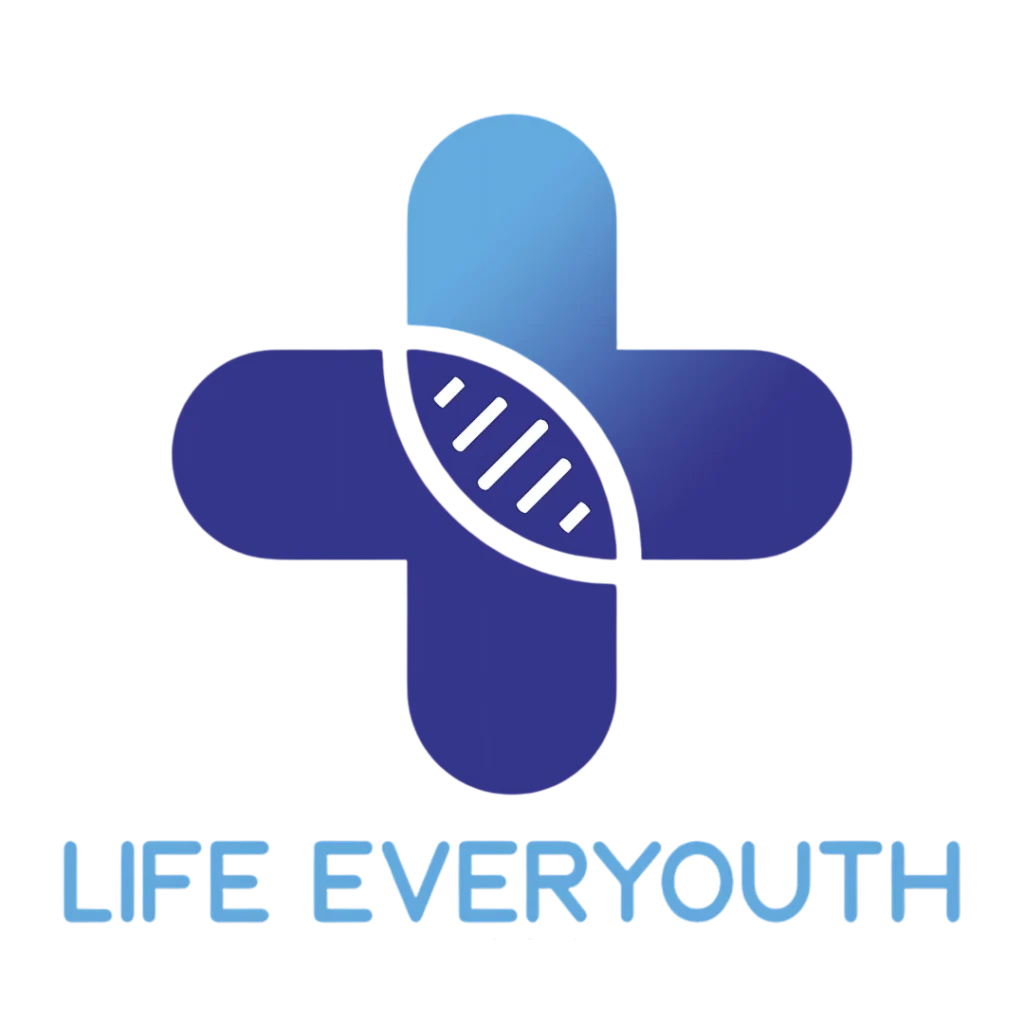Worrying about your child’s health while on holiday is every parent’s worst nightmare—especially in a tropical climate like Bali, where dehydration can happen faster than expected. Whether it’s due to vomiting, diarrhea, or refusal to drink, recognizing the early signs of dehydration in children is critical. This guide will walk you through the symptoms, how to safely rehydrate your child, and when it’s time to seek professional help from a trusted Medical Clinic in Bali. With the right steps, you can ensure your child recovers quickly and your family vacation stays on track.
Is Your Child Dehydrated in Bali? A Parent’s Emergency Guide
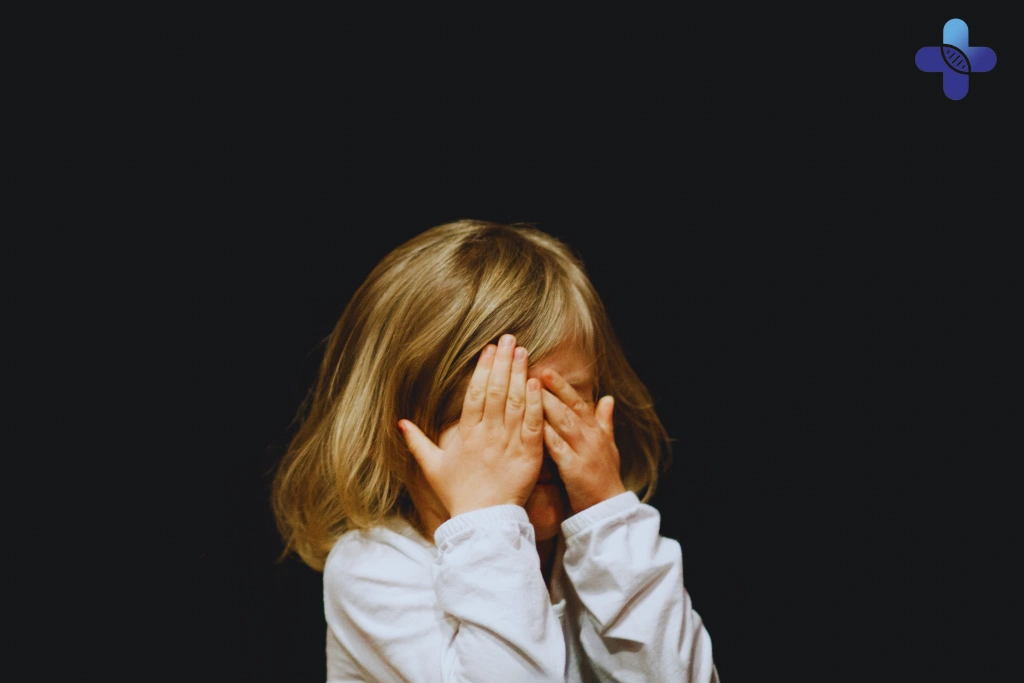
Seeing your child sick and listless on holiday is every parent’s worst fear. If you’re worried your child is dehydrated, your parental instincts are right to be on alert—especially in a hot and humid place like Bali, where fluid loss can escalate quickly. Whether your child is vomiting, has diarrhea, or simply refuses to drink, it’s essential to recognize the signs early and take calm, informed action.
This guide will help you identify dehydration symptoms, provide home care instructions using oral rehydration salts (ORS), and explain exactly when you should call for professional support. As a trusted Medical Clinic in Bali, we’re here to support families through urgent health concerns with 24/7 doctor-on-call services—right to your hotel or villa. Because when it comes to your child’s wellbeing, every moment matters.
Why Children Dehydrate So Much Faster Than Adults
Children, especially infants and toddlers, are far more vulnerable to dehydration than adults. Their bodies contain a higher percentage of water, but their total fluid reserves are much smaller. This means that even a small amount of fluid loss—through fever, vomiting, diarrhea, or sweating—can have a big impact on their health.
In addition, children have a faster metabolism and higher turnover of fluids. They breathe faster, move more, and lose water more quickly through their skin and lungs, especially in a warm climate like Bali. Because of this, dehydration symptoms can appear rapidly and escalate in just a few hours if not addressed.
At our Bali Medical Clinic, we often see cases where a mild stomach bug leads to significant dehydration simply because the warning signs were missed. Understanding this difference is crucial, especially for traveling families seeking a reliable Medical Clinic in Bali to support their children’s recovery.
The Dehydration Checklist: Signs to Watch For in Your Child
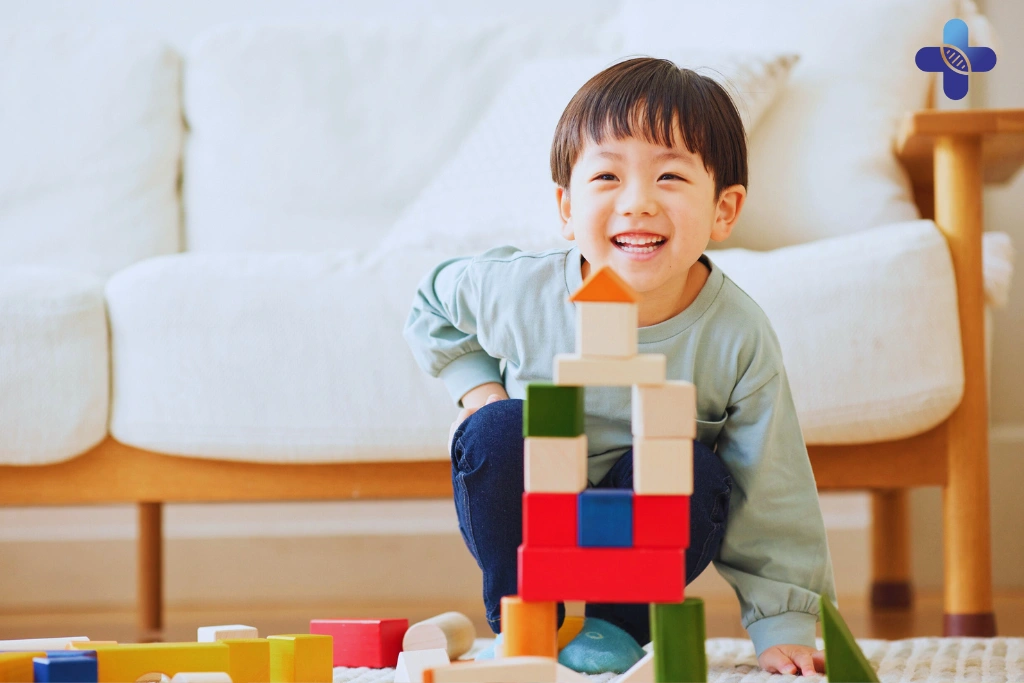
Recognizing the early signs of dehydration can make all the difference in how quickly your child recovers. Below is a clear checklist divided into stages—from mild to severe—so you can act appropriately and without panic. At Life Everyouth, a trusted Medical Clinic Bali, we encourage parents to familiarize themselves with these symptoms, especially when traveling in a tropical climate.
Each level of dehydration requires a different response. While some cases can be treated safely at home with rest and oral rehydration, others need immediate medical attention. If you’re unsure, never hesitate to contact our Medical Clinic in Bali for reassurance or an in-villa doctor visit.
Mild Dehydration
In mild cases, your child may simply seem more thirsty than usual. You might notice a slightly dry mouth, lips, or tongue, but your child is still alert, interactive, and playing normally. These are early warning signs that their body needs more fluids.
This stage is manageable at home by increasing fluid intake, preferably with oral rehydration salts (ORS). If you’re concerned or unsure about hydration needs in Bali’s heat, Bali Medical Clinic staff can guide you through safe, effective steps to prevent things from getting worse.
Moderate Dehydration (Time to Call a Doctor)
Moderate dehydration is more serious and requires professional evaluation. Warning signs include no wet diapers for 6 hours or more, crying without tears, sunken eyes, dry skin, and noticeable lethargy or unusual drowsiness.
If you observe any of these symptoms, it’s time to stop managing things alone. Contact a trusted Medical Clinic in Bali like Life Everyouth, where our doctors are available 24/7 to evaluate your child at your hotel or villa. Moderate dehydration can progress rapidly without proper care.
Severe Dehydration (Medical Emergency)
This is a critical stage that requires immediate hospital treatment. Your child may be extremely weak, difficult to wake, have rapid breathing, cold extremities, or show signs of shock. These are red flags you cannot afford to ignore.
If your child shows any of these symptoms, go straight to the emergency department or call for medical transport. Our team at Bali Medical Clinic is trained to respond quickly and arrange appropriate hospital referrals when needed. Time is crucial—never wait when these signs appear.
Your First Action at Your Villa: Oral Rehydration Salts (ORS)
When your child shows early signs of dehydration, the first and most effective step is to begin rehydration using Oral Rehydration Salts (ORS), commonly known in Indonesia as Oralit. ORS is a scientifically formulated mixture of water, glucose, and essential electrolytes like sodium and potassium. Unlike plain water, which does not replace lost salts, ORS helps restore fluid balance and prevent further dehydration. This makes it the gold standard recommended by WHO and pediatricians worldwide.
If your child is reluctant to drink, don’t worry—small, frequent sips are far more effective than trying to give a full glass. Use a spoon, dropper, or oral syringe to give one teaspoon every 5 minutes. If tolerated, you can slowly increase the amount. For toddlers, freezing ORS into small ice pops can also be a gentle and fun way to help them accept fluids. At our Medical Clinic in Bali, we always remind parents that consistency, not volume, is key in the first hours.
If your child vomits after ORS, wait 10 minutes and try again with smaller amounts. Stay calm and patient. If vomiting persists or if your child refuses all fluids, reach out to Bali Medical Clinic for immediate doctor-on-call services. Our trained medical staff can assess the situation right at your villa and provide tailored treatment to avoid further complications.
When You MUST Call a Doctor (The Non-Negotiable Signs)
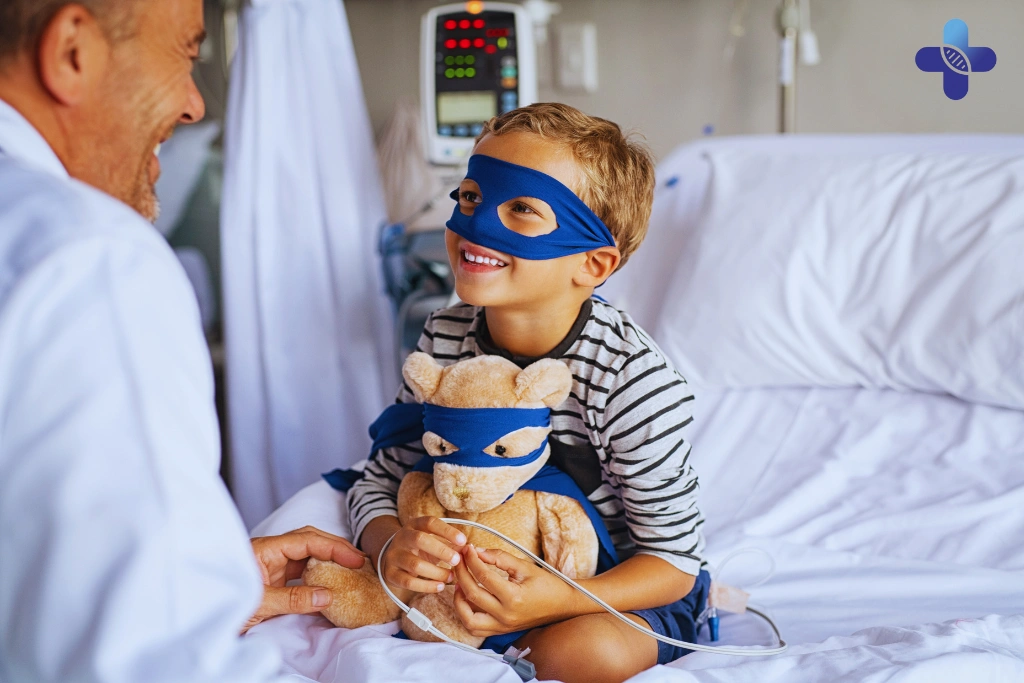
If your child has gone six or more hours without a wet diaper, cries without tears, appears weak or unusually sleepy, or has sunken eyes—these are signs of moderate dehydration that should never be ignored. In Bali’s tropical climate, these symptoms can progress rapidly, and home remedies may not be enough. At Life Everyouth, a trusted Medical Clinic in Bali, we see many parents who wait too long, hoping their child will bounce back with rest alone.
You should also seek help if your child is vomiting repeatedly and cannot keep any fluids down, even small sips of ORS. This increases the risk of worsening dehydration and electrolyte imbalance. Trust your instincts—if your child just doesn’t seem right, it’s better to act early. As a leading Bali Medical Clinic, we are committed to minimizing stress and providing child-friendly care wherever you are.
If your child is showing any signs of moderate dehydration, or if they are repeatedly vomiting and cannot keep any fluids down, it is time for a professional medical evaluation. Do not wait for it to get worse. Our family-friendly doctors are on call 24/7 and can come to your villa or hotel to assess your child and create a safe treatment plan.
Conclusion Child Dehydrated in Bali? A Parent’s Guide to Symptoms & Treatment
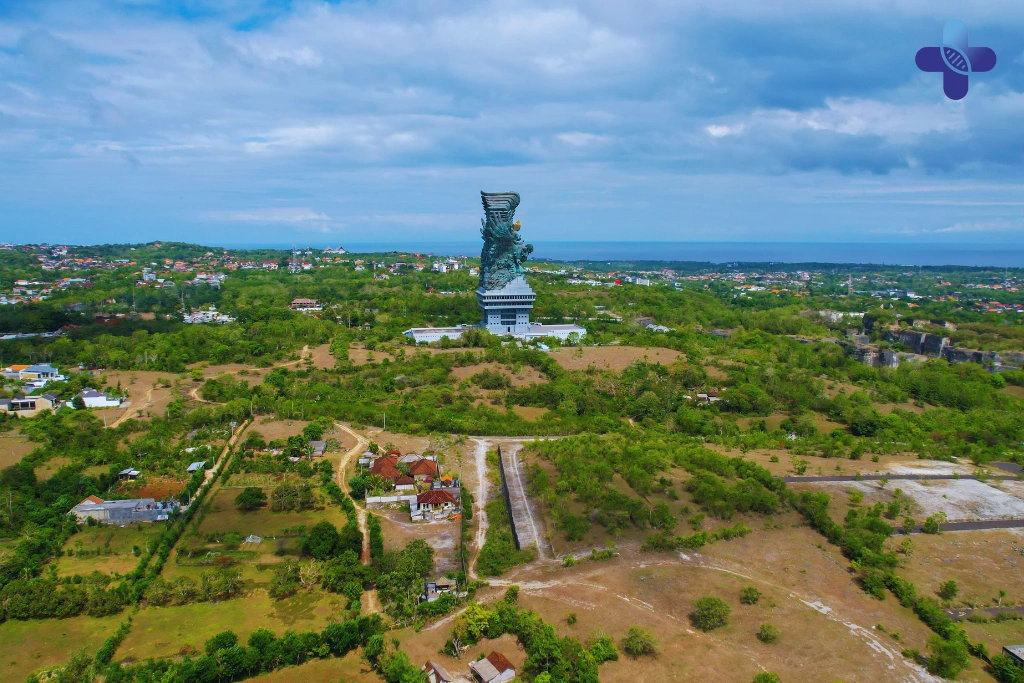
As a parent, you know your child better than anyone else. If something feels off—whether it’s how tired they are, how little they’re drinking, or how dry their diapers have become—trust your instincts. Dehydration in children can escalate quickly, especially in Bali’s tropical heat, but with calm observation and early action, most cases can be managed safely. At Life Everyouth, we’re here to guide you every step of the way as your trusted Medical Clinic in Bali.
Never hesitate to reach out for help. Keeping your child hydrated is the first priority, but peace of mind is just as important. Whether it’s providing home care advice or sending our doctor directly to your villa, Bali Medical Clinic services are designed to be family-friendly, fast, and stress-free. You are not alone—and your quick action can make all the difference.
Frequently Asked Questions (FAQ) Child Dehydrated in Bali? A Parent’s Guide to Symptoms & Treatment
What are Oral Rehydration Salts (ORS) and where can I buy them in Bali?
Oral Rehydration Salts (ORS), known in Indonesia as Oralit, are a medically approved combination of water, salts, and glucose designed to replace fluids and electrolytes lost through vomiting or diarrhea. Unlike plain water, ORS restores the body’s hydration and salt balance effectively. You can find ORS sachets in almost any pharmacy (apotek) in Bali, and some mini markets or clinics like our Medical Clinic in Bali may provide them as part of your child’s treatment plan.
My child refuses to drink the ORS solution. What should I do?
It’s common for sick children to reject strong-tasting liquids, especially when they’re already feeling nauseous. Try giving the ORS in tiny amounts—one teaspoon every five minutes—using a spoon, syringe, or pipette. You can also make it more acceptable by freezing the solution into small ice pops. If your child refuses every attempt and continues losing fluids, contact our Bali Medical Clinic immediately. Delaying care can lead to rapid worsening.
Are sports drinks or juices okay for rehydrating my child?
No, sports drinks and fruit juices are not suitable for rehydration in children, especially during diarrhea or vomiting. These drinks often contain excessive sugar and lack the correct electrolyte balance, which can make symptoms worse. For effective and safe rehydration, only use a medically formulated ORS solution. Our Medical Clinic Bali professionals can also guide you on proper hydration at home.
What is the “skin pinch” test for dehydration?
The skin pinch test is a simple at-home method to assess hydration. Gently pinch the skin on the back of your child’s hand or abdomen and observe how quickly it flattens back. In well-hydrated children, the skin returns immediately. If it stays tented or returns slowly, it’s a sign of dehydration. This quick test is often used by healthcare providers at our Medical Clinic in Bali to evaluate hydration status.
Is it okay to give my child anti-diarrhea medicine?
No. You should never give over-the-counter anti-diarrhea medication to children unless specifically advised by a doctor. These medications can interfere with your child’s natural recovery and may even cause complications. If your child has persistent diarrhea, seek advice from a qualified pediatric provider at a trusted Bali Medical Clinic to determine the safest treatment.
What is the medical treatment for severe dehydration in children?
In moderate to severe cases, oral rehydration is no longer enough. The most effective treatment is intravenous (IV) fluid therapy, administered under medical supervision. IV fluids replace lost water and electrolytes directly into the bloodstream, allowing for fast stabilization. At our Medical Clinic in Bali, we provide IV drip therapy or refer you to partner hospitals when hospital-based care is needed.
How can a doctor’s visit at our hotel help?
A hotel or villa visit by one of our family-friendly doctors means less stress and faster care. We perform a full medical evaluation—checking hydration levels, vital signs, and general condition—without needing you to move a sick child through traffic. This convenience is part of what makes Life Everyouth a reliable Medical Clinic in Bali for families seeking comfort and peace of mind.
My child’s fever is gone but they are still very sleepy and weak. Should I still worry about dehydration?
Yes. Fever going down doesn’t necessarily mean recovery, especially if your child is unusually sleepy, floppy, or difficult to engage. These signs of lethargy are classic red flags of dehydration. Contact our Bali Medical Clinic immediately for a professional evaluation before the condition worsens.
What is the sunken fontanelle sign in babies?
The fontanelle is the soft spot on the top of a baby’s head. In a healthy, hydrated baby, it feels slightly curved or flat. If it appears sunken or hollow, this is a serious sign of dehydration and requires immediate medical attention. Our pediatric team at Medical Clinic Bali is trained to assess this and other signs quickly and gently.
My child is just vomiting, no diarrhea. Are they still at risk?
Absolutely. Vomiting alone can lead to significant fluid loss in children, especially when it’s frequent or prevents oral intake. Even without diarrhea, your child may become dehydrated and weak. If they’re unable to drink or keep fluids down, contact our Bali Medical Clinic for in-home or hotel-based evaluation and treatment options.
